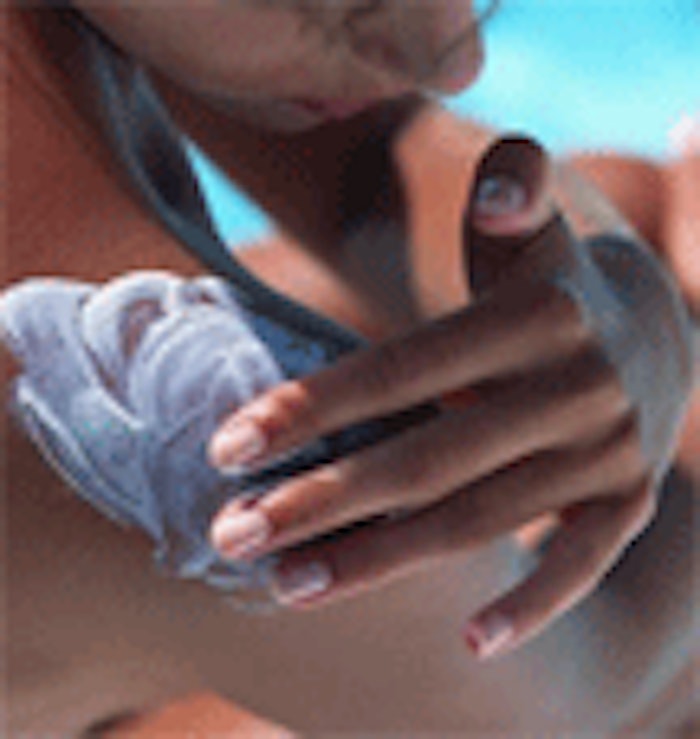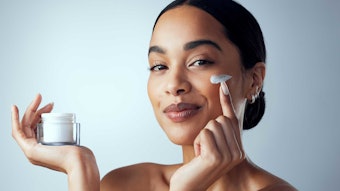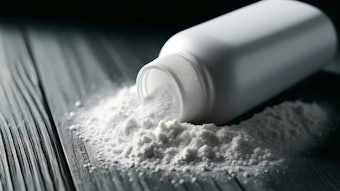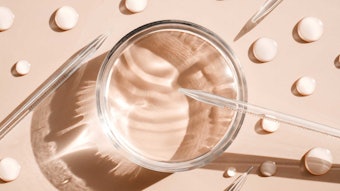
A US study of has reported that some moisturizers may promote skin cancer. Biochemist, cancer researcher and pharmacologist Allan Conney and his research team at Rutgers University reported in the Journal of Investigative Dermatology that some ingredients in moisturizers may increase the rate of getting cancer after sun exposure.
The researchers planned to test topical caffeine's inhibition of the development of skin cancer, but stumbled across their finding during their control. As a result, the team was surprised at their results before they had even added the caffeine to the cream. The mice were exposed to ultraviolet light for 20 weeks, putting them at high risk for skin cancer. Four moisturizers then were applied to hairless mice five times a week for 17 weeks. The researchers found that the moisturizers increased the rate of tumor formation and the number of tumors in the mice.
The radiation damaged the skin of the mice before the moisturizing creams were applied, which might account for the moisturizers' unusual tumor-promoting effect. To test what ingredients might be speeding the rate of tumor formation, the researchers had one of the moisturizers formulated without mineral oil and sodium lauryl sulfate. The resulting formulation did not increase the rate or number of tumors; however, not all of the four moisturizers were formulated with these two ingredients.
The scientists concede that the skin of humans differs form the skin in mice. Some scientists and biologists argue that the creams should have been applied for a longer duration to produce conclusive results. To view the report, visit www.nature.com/jid/journal/vaop/ncurrent/abs/jid2008241a.html.










